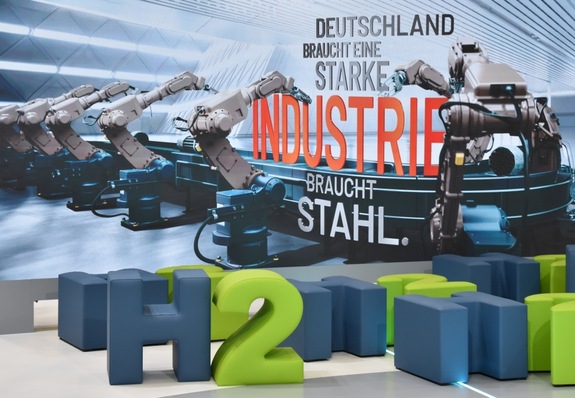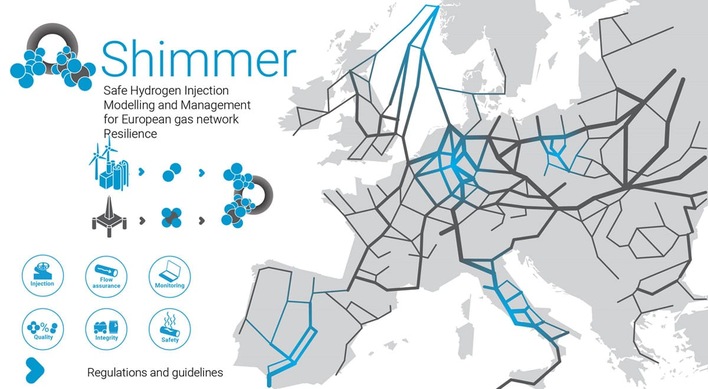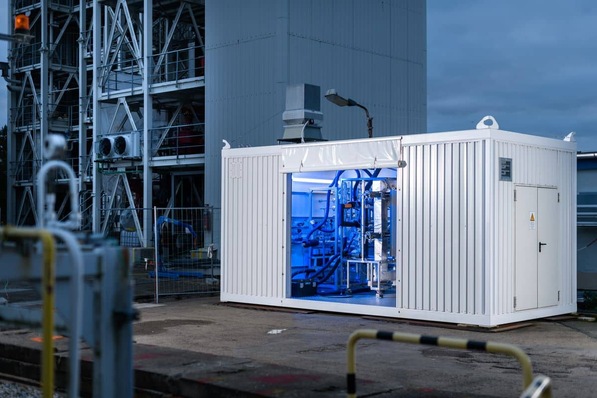
The previous federal government had adopted a mandatory greenhouse gas reduction quota of 25 percent. At the same time, green hydrogen was granted a special role, deviating from the EU directive. Its energy content is counted double towards greenhouse gas reduction. With this, the theoretical conditions for achieving the targets with green hydrogen and e-fuels in a cost-neutral manner were created. What is still missing is a regulation that guarantees investment security for companies during implementation.
The new federal government is now called upon to issue a regulation for renewable synthetic fuels based on green hydrogen. To become the lead market for hydrogen technologies, Germany needs to balance climate protection, societal fairness and the promises set out by the new government, including personal freedom, fairness and sustainability. Ideological and too stringent conditions on electrical supply from renewable energy sources would be a threat to budget-neutral short-term ramp-up of a green H2 economy.
Author: Werner Diwald - Deutscher Wasserstoff- und Brennstoffzellen-Verband e. V., Berlin








